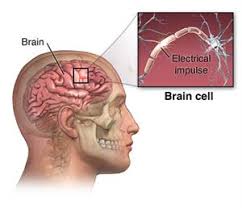The Impact and Importance of Huntington’s Disease Awareness

Introduction to Huntington’s Disease
Huntington’s disease (HD) is a hereditary neurodegenerative disorder that significantly impacts the lives of those affected, as well as their families and communities. This condition leads to the progressive breakdown of nerve cells in the brain, with symptoms often manifesting between ages 30 and 50. Understanding Huntington’s disease is crucial, not only for those diagnosed but also for the broader community to support research and awareness initiatives.
Current Understanding and Research Progress
Recent advancements in genetics have enhanced our understanding of Huntington’s disease, which is caused by a mutation in the HTT gene. This mutation leads to the production of an abnormal protein that gradually damages brain cells, resulting in motor dysfunction, cognitive decline, and psychiatric symptoms such as depression and anxiety. As of late 2023, research has seen promising developments, especially in gene therapies aimed at silencing the defective gene. Clinical trials are currently underway, offering hope for more effective treatment options in the near future.
Community and Support Activities
In understanding the profound impact of this disease, various advocacy groups have emerged, such as the Huntington’s Disease Association in the UK, which focuses on supporting affected families. These organisations play a vital role in providing resources, facilitating research funding, and promoting awareness. They also help in educating the public about the disease, reducing stigma, and ensuring that those diagnosed feel supported.
Conclusion and Future Outlook
The significance of Huntington’s disease extends beyond the individual diagnosed; it affects families and future generations. Awareness campaigns and ongoing research are becoming increasingly vital as the global population ages. With advancements in medical science and growing community support, the outlook for individuals affected by Huntington’s disease may improve significantly in the coming years. Efforts to develop innovative treatments and gene therapies hold the potential to change lives and provide hope for thousands living with this challenging condition.
